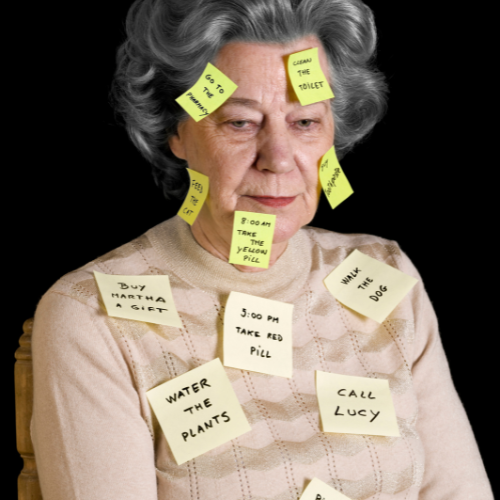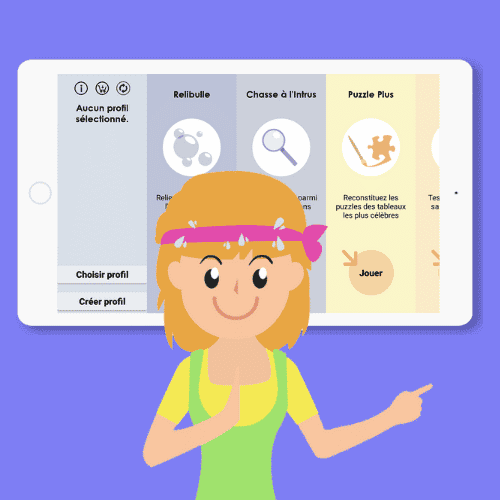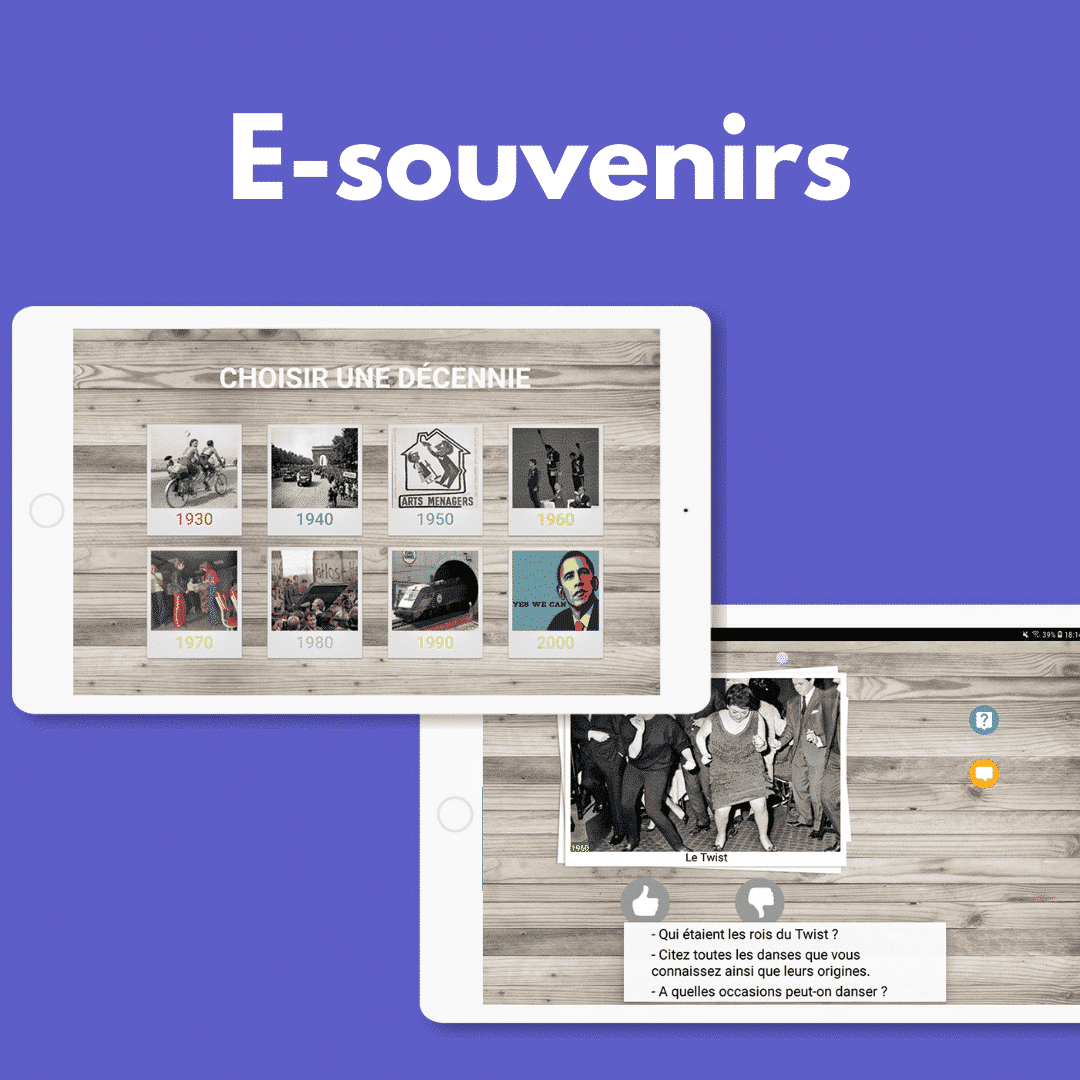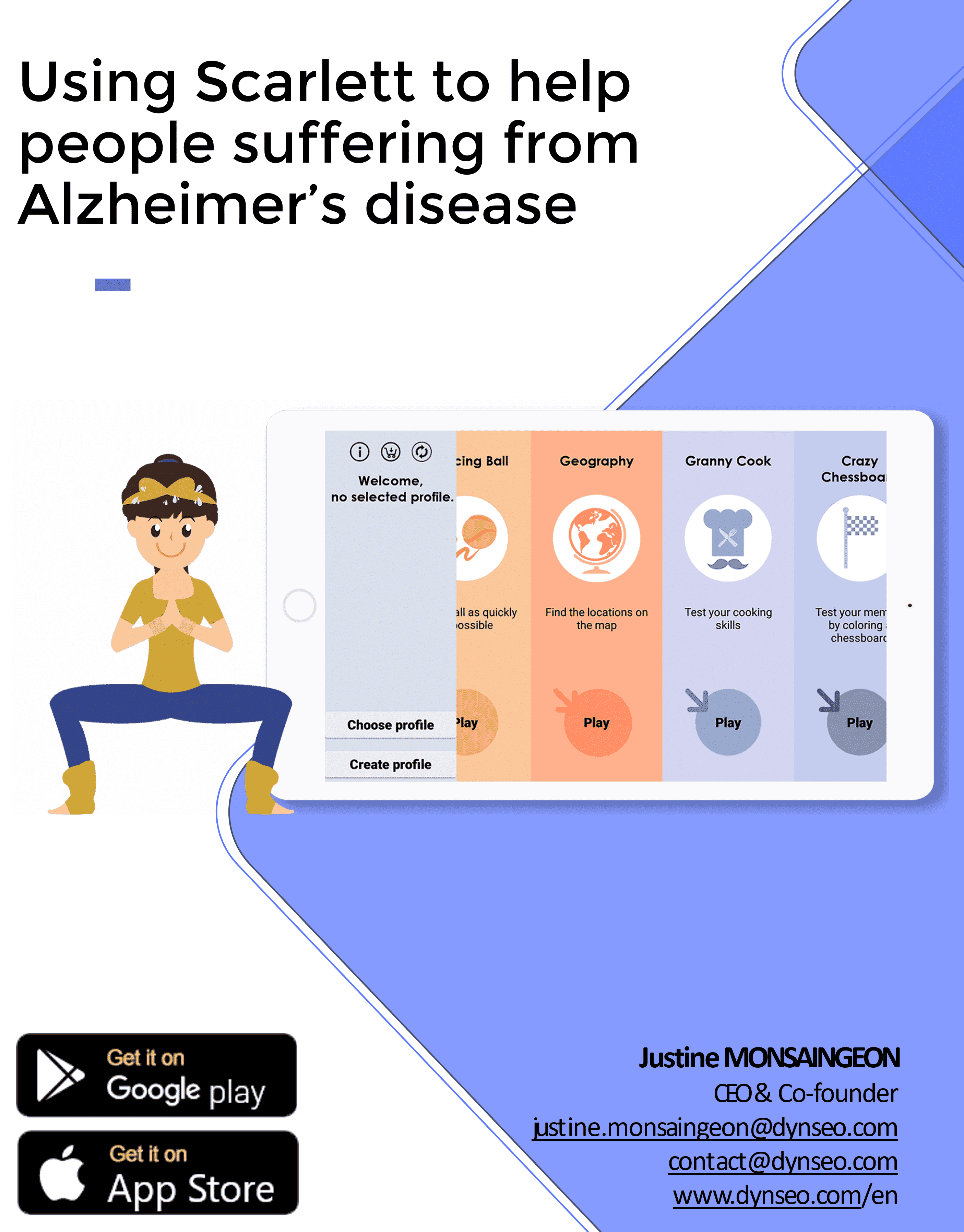Communicating with a person suffering from Alzheimer’s is not always easy! Certain words should be avoided, so as not to destabilize patients (indelicate or confusing words). It is therefore necessary to express yourself in a clear and warm manner. This requires many qualities (being patient, open-minded, warm, etc.), which you will acquire through your various experiences.
Here we share with you his valuable tips for optimizing your communication with Alzheimer’s patients.
However, this list is not exhaustive as each patient reacts differently! You will need to be adaptable.
Some tips for helping someone with Alzheimer’s disease
- Call her by her first name, touch her and Make eye contact.
- Depending on the stage of the disease, remind them of who you are and what you do.
Avoid all sources of distraction
and if possible reduce ambient noise.
-
To convey a message, speak clearly and distinctly
Use short sentences without shouting.
– Speak calmly, friendly,
in a reassuring manner.

- Avoid sentences that will mix several actions
- Formulate the questions in a very concrete way, so that the possible answer is only “yes” or “no”.
- Never say in front of
what you don’t want them to hear
.
It is better to say things than to hide them
the unsaid things are much more difficult to live with

These tips will help you improve your communication with seniors with Alzheimer’s disease! This will create a climate of trust and serenity.
However, we propose to go even further, thanks to simple and efficient tools allowing regular and adapted cognitive stimulation.
That’s why she learned about DYNSEO’s solution to Alzheimer’s disease, the EDITH application.
The
Edith program is a memory game program adapted to seniors suffering from cognitive problems due to neurodegenerative diseases (Alzheimer’s and Parkinson’s, etc.) or following a stroke.
Indeed, when we suffer from cognitive problems, whether at the beginning or at a more advanced stage of the disease, it is important to continue to stimulate our cognitive functions in order to maintain our capacities, or even to rehabilitate our memory following a stroke.
The application contains over 20 fun and cultural memory games . These games have been developed with health professionals and seniors in order to offer truly adapted games. They are regularly renewed and optimized.

Users are never put in check and are not subject to any time constraint: the idea is to make everyone progress at their own pace!
Each user also has access to an online tracking platform. This relevant tool makes it possible to follow the evolution of performances and uses.
This memory game program is used by individuals and health professionals, especially in EPHAD.
Alzheimer’s Essentials
Always remember that a person with Alzheimer’s disease is not stupid or mentally ill. She is an intelligent person who suffers from neurodegenerative diseases.
Alzheimer’s disease often changes the character of the patient. Adapt to their mood and use appropriate vocabulary. Don’t hesitate to start conversations, asking short, understandable questions. (Prefer closed questions).
Also, it is beneficial to face the patient when you talk to them, looking them in the eye to build confidence. Don’t neglect physical contact either.
Golden rule
:
Caring for a senior with Alzheimer’s is never an easy task. If you are alone or experiencing difficulties, don’t hesitate to ask for help from your loved ones or health professionals. You will be able to benefit from relevant and adapted advice .
A PROGRAM TO SUPPORT PEOPLE WITH ALZHEIMER’S DISEASE
EDITH

A PROGRAM ON REMINISCENCE AND MEMORIES FOR WELL-BEING
E-SOUVENIRS

Other articles that might interest you:
No Results Found
The page you requested could not be found. Try refining your search, or use the navigation above to locate the post.



